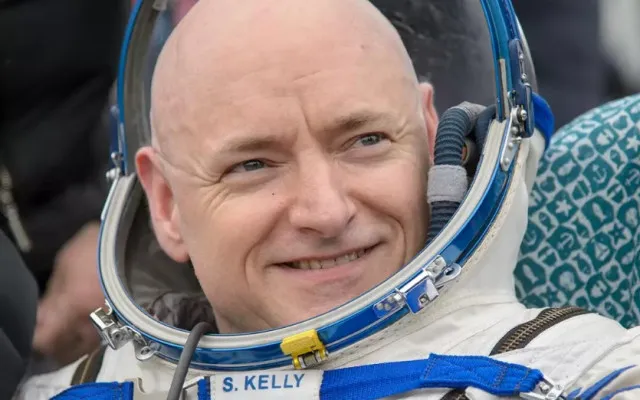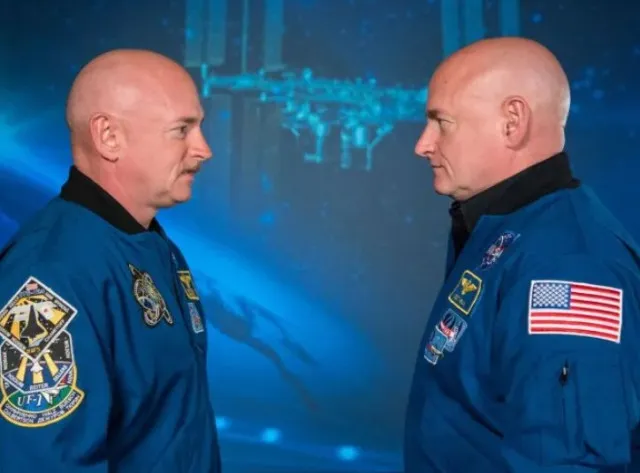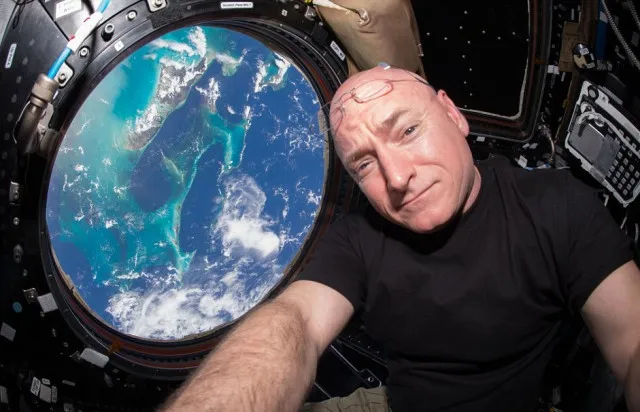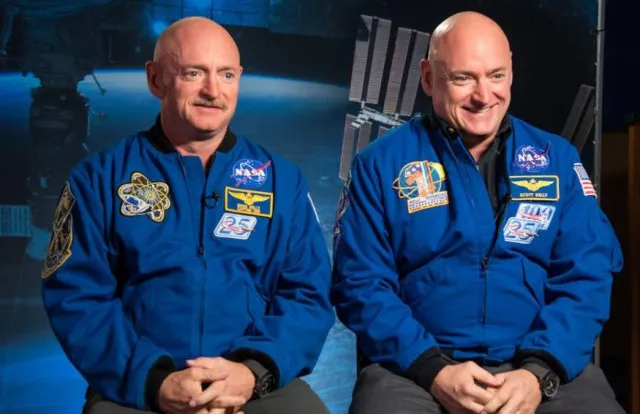A NASA astronaut grew two inches taller after 340 days in space, showcasing the surprising effects of living in microgravity.
NASA astronauts often experience unique changes in their bodies during long missions.
One of the most surprising changes occurred with Scott Kelly, a retired astronaut who grew two inches taller after spending 340 days aboard the International Space Station (ISS).
This unusual phenomenon has sparked interest and curiosity about how space affects the human body.
A NASA astronaut bizarrely gained two inches in height after 340 days in space
The effects of microgravity on the body of astronaut
Living in a microgravity environment can lead to various physical changes.
In space, astronauts do not face the same gravitational forces as on Earth. This lack of gravity allows the spine to expand.
Normally, the discs in the spinal column are compressed under the weight of gravity.

However, in space, they can loosen and stretch out, resulting in increased height.
Scott Kelly’s experience is a notable example. He entered space at a certain height and returned two inches taller.
This change is not permanent, as astronauts typically lose this height once they return to Earth and experience normal gravity again.
The importance of astronaut Scott Kelly’s mission
Scott’s time in space was significant not just for his height change but also for scientific research.
He has an identical twin brother, Mark Kelly, who remained on Earth during Scott’s mission.
This unique situation allowed scientists to study the effects of space travel on two genetically identical individuals.

Comparing Scott’s health and physical changes to Mark’s provided valuable data on how space affects the human body.
Researchers conducted various tests and measurements before, during, and after Scott’s mission.
They analyzed changes in his genes, body composition, and overall health. This research contributes to our understanding of human adaptation to space.
Other changes experienced in space
In addition to growing taller, astronauts experience other strange effects while in space. One such effect is a change in skin sensitivity.
Many astronauts have reported having “baby-like” skin due to the lack of gravity.
This happens because their clothes float above their bodies, reducing friction and irritation.

Another curious change involves speech. Some astronauts find it challenging to adjust to speaking after returning to Earth.
This difficulty arises because their tongues float in a low-gravity environment, affecting how they articulate words.
NASA closely monitors astronauts’ health during space missions.
NASA closely monitors the health of astronauts during and after their missions.
Medical teams are always ready to assess any changes that occur in the astronauts’ bodies.
They use advanced technology to track physical and mental health, ensuring that astronauts can adapt back to life on Earth.
The information collected from these missions helps scientists learn more about the long-term effects of space travel.
Understanding these effects is crucial for future missions, especially those that may involve long durations, such as trips to Mars.

Researching space travel helps us understand human adaptation.
The research conducted on Scott Kelly and other astronauts provides insights into the challenges of long-term space exploration.
As missions become longer and more complex, understanding how the human body reacts to space is vital.
This knowledge will help prepare astronauts for future journeys beyond Earth.
Space agencies around the world are interested in studying the effects of microgravity on the body.
With the rise of commercial space travel, more individuals may experience these changes.
Therefore, ongoing research is essential to ensure the health and safety of all space travelers.